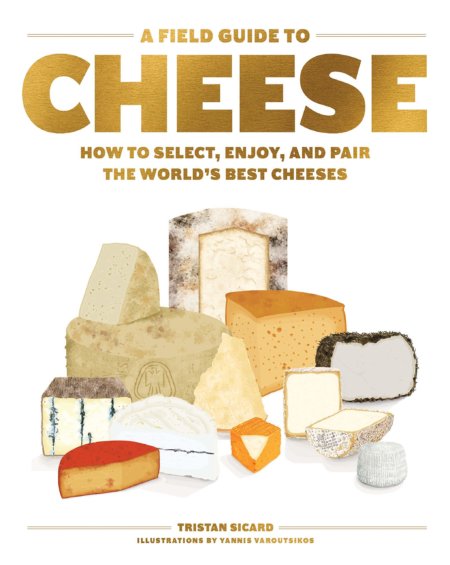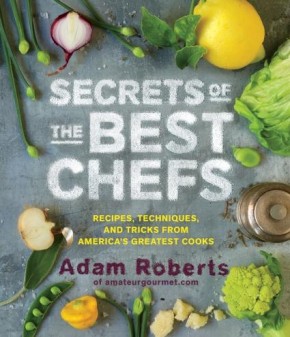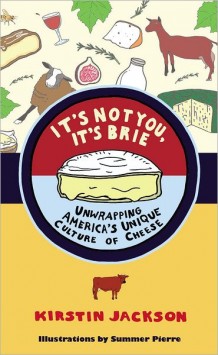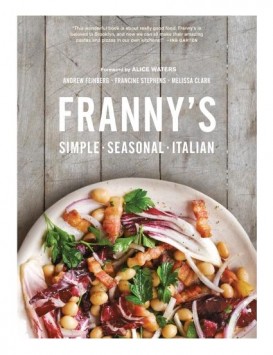A Field Guide to Cheese How to Select, Enjoy, and Pair the World's Best Cheeses
Everything you need to know about the world’s great cheeses, including how they’re made, their universe of flavors, origins, and terroir. Organized by type, the book features more than 400 cheeses worth knowing—from fresh cheese and pressed cheese to blue cheese, soft cheese, and spreadable cheese. Each includes an an identifying illustration, nuts and bolts like the type of milk and fat content, and a brief, memorable description. Readers will find unexpected cheeses that are best for melting (Hushållsost), best for serving solo (Bovški Sir), and even the stinkiest (pick up some Allgäuer Weisslacker and see what company thinks). Includes dozens of maps; an aroma wheel to help refine your palate; a guide to composing cheese boards; tips for pairing with wine, beer, whiskey, cider; and so much more.
Tristan Sicard is one of the leading cheese experts in France, a journalist, and the former owner of a fromagerie in Lille, France. After many years at the fromagerie, where he worked with cheese makers from all over the world—studying the manufacturing, tasting, origin of products, history, and regulations around the globe—Sicard decided to bring his training as a journalist to his passion for cheese in the hope of sharing his love and expertise with the public.
“We officially declare this the book of cheese. From Frenchman and former fromager Tristan Sicard, A Field Guide to Cheese is the only fully illustrated manual on all things curdled, profiling more than 400 global varieties, along with maps, histories, and beverage pairings. The stunningly realistic illustrations are reason alone to buy the guide. . . . Any lactose lover will be completely obsessed.” —Saveur, Our Favorite Cookbooks to Gift This Year
“A cheese lover’s dream, educating aficionados through gorgeous pictures and fun, colorful graphics. Cheese expert and journalist Tristan Sicard lays out the book nicely, starting off with ‘A Quick Chronology of Cheese’ that spans from 5000 B.C. to the present day. This is followed by a diagram of dairy breeds—not only cow but also goat, sheep and even buffalo. The 11 families of cheese are also outlined, including information about color, texture, recommended serving tools and emblematic varieties. Finally, each cheese gets its own entry, with over 400 individual profiles in all, including the dairy breed, region of origin, an enticing illustration and a brief description. Further information is given about pairing, preparing and serving cheese, and there’s even a section about how to properly wrap cheese for storage.” —BookPage











Leave a Reply